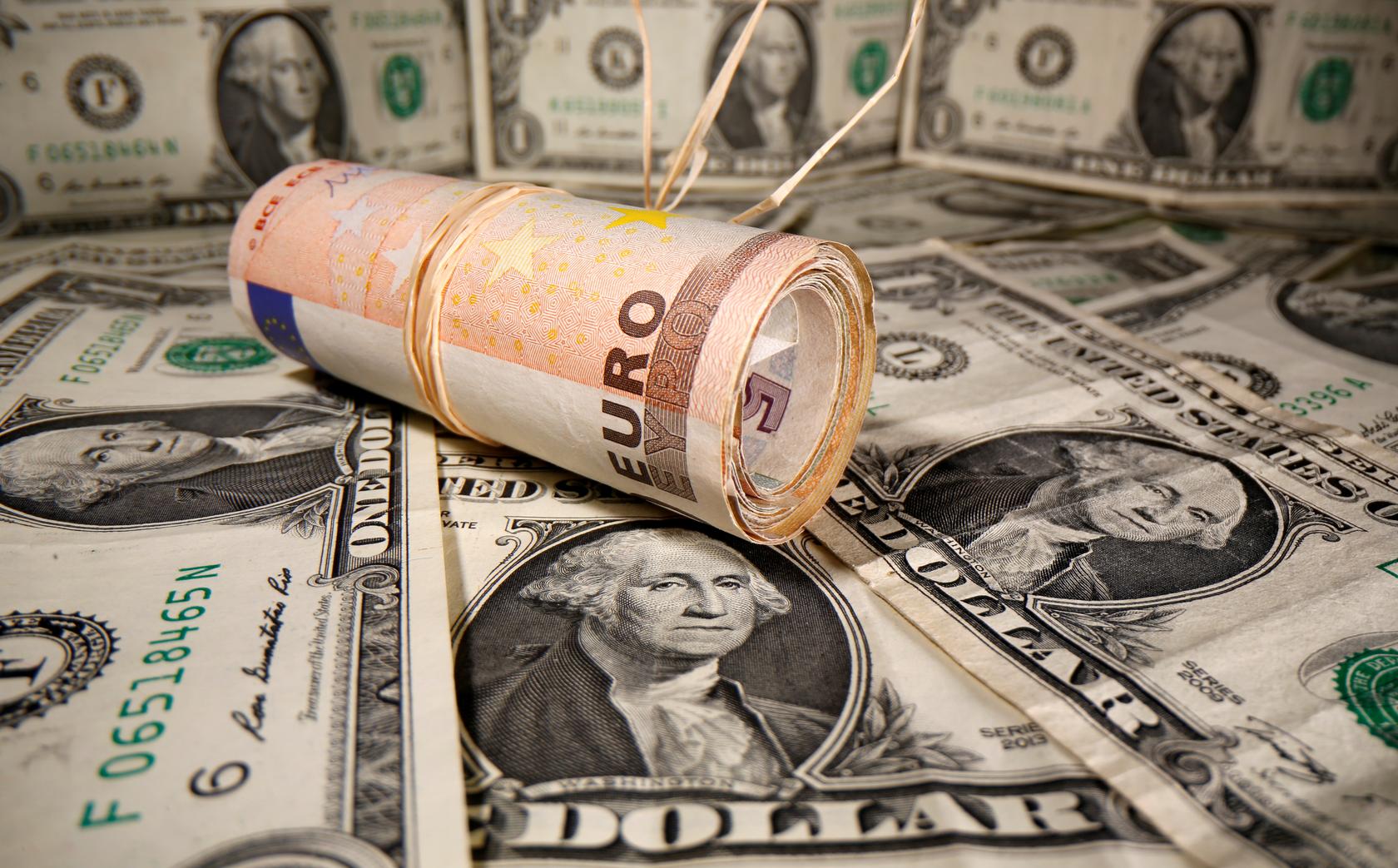Dollar slips as German bund yields strengthen euro

The dollar slid on Tuesday as rising German bond yields strengthened the euro, but a strong reading of the consumer price index later this week could reverse the currency’s slide.
The market was watching Tuesday’s U.S. mid-term elections, whose outcome may well usher in an era of divided government in Washington that could foil big social spending plans by Democrats.
A steady climb in German bond yields weakened the dollar on expectations of further European Central Bank tightening, which cut the spread with Treasury yields, said Marc Chandler, chief market speculation at Bannockburn Global Forex.
“I’ve played down the elections. For monetary and fiscal policy, I don’t think it’s much of a difference,” he said. “What I’m focusing on today is a huge move in two-year German bunds. It’s not about the Fed, it’s about more aggressiveness from the ECB.”
The yield on the two-year bund rose to 2.196%, a 25-basis-point gain from a week ago.
CPI data is due to be announced on Thursday, with economists forecasting a slight decline in both the monthly and annual core numbers to 0.5% and 6.5% respectively. The easing in inflation, though, might not slow the Federal Reserve’s policy tightening that federal fund futures show will peak at 5.117% in June 2023.
“Inflation is going to moderate some more, but the service sector might not be giving us enough pricing relief,” said Ed Moya, senior market analyst at OANDA.
“Once we’ve fully priced in peak Fed tightening, then you’ll see a major reversal. A lot of people are trying to get ahead of that and they’ve been trying to do that all year and they’ve been getting burned.”
The euro rose 0.52% to $1.007, while the Japanese yen strengthened 0.72% against the dollar at 145.57.
The Fed could raise interest rates by 50 basis points when policymakers meet in December, again by the same amount in February and another 25 bps at their March meeting, Moya said.
The interest rate differential with other currencies favors dollar strength, as do severe recession risks abroad and China’s ongoing struggles with COVID restrictions, he said.
Japanese foreign currency reserves posted the second-sharpest monthly decline on record in October as authorities spent 6.35 trillion yen ($43.37 billion) intervening to support the yen.
The Chinese yuan had its best day in two years on Friday and has held most of those gains since, but gave back a little bit through Tuesday to trade at 7.2553 per dollar as fresh COVID-19 outbreaks chipped away at some of the optimism.
Bitcoin fell 11.48% to $18,227.00 after earlier hitting its lowest since November 2020.

